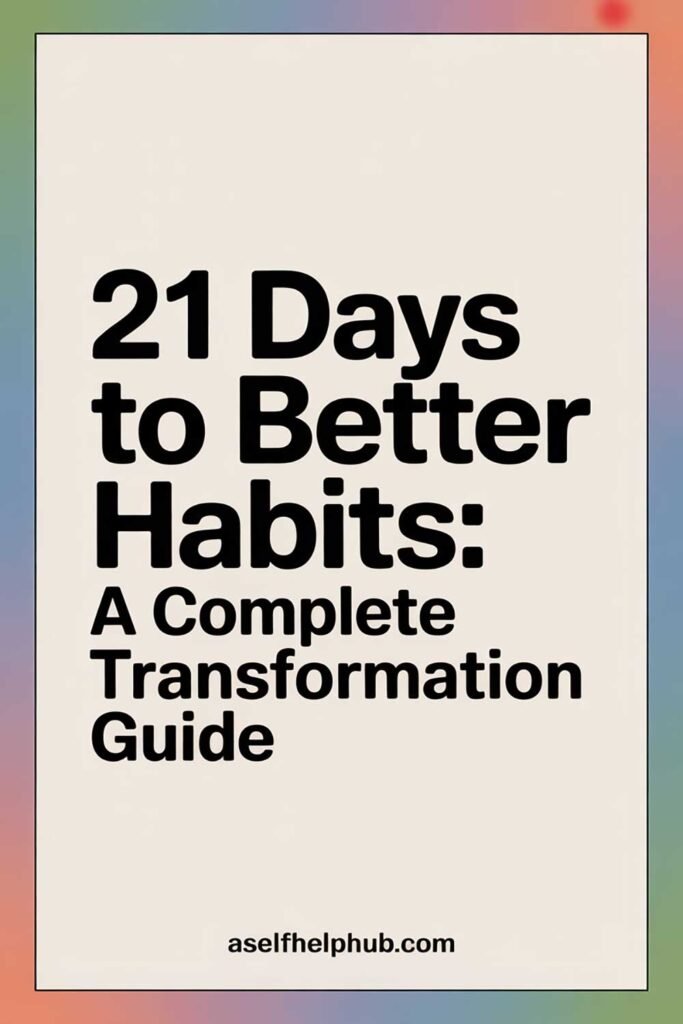10 Financial Tips Every College Student Should Know
College is an exciting time filled with new experiences, academic challenges, and newfound independence. But with that independence comes the responsibility of managing your finances wisely. The habits you develop now can shape your financial future for decades to come.

Here are 10 smart and practical financial tips every college student should know, along with real-life examples, engaging advice, and strategies to help you thrive without going broke.
1. Create a Simple Budget (and Actually Follow It)
Budgeting is your roadmap to financial stability, even on a student income.
Example:
Alex used a free app to track his monthly spending. He realized he was spending $150/month on snacks and delivery. After adjusting, he saved that money for textbooks.
Tip: Use apps like Mint, Goodbudget, or just a spreadsheet to track your income, expenses, and goals.
2. Avoid Unnecessary Student Loans
Only borrow what you need—not what you’re offered.
Example:
Jessica accepted the full loan package, including extra funds she didn’t need. After graduation, she had over $35,000 in student debt. Her roommate, Kyle, only borrowed tuition costs and worked part-time, graduating with half the debt.
Tip: Apply for scholarships, grants, and work-study to reduce your loan dependence.
3. Build Credit Wisely
A good credit score opens financial doors after college.
Example:
Dani opened a student credit card, used it to pay for groceries, and paid the balance in full every month. Her credit score reached 740 by graduation.
Tip: Start with a student credit card or become an authorized user on a parent’s card. Pay on time and keep balances low.
4. Cook More, Eat Out Less
Dining out adds up fast. Cooking can save you thousands.
Example:
Ben meal prepped on Sundays and saved $60/week compared to friends who ate out daily. He used those savings for a summer study abroad trip.
Tip: Plan simple meals. Invest in a slow cooker or air fryer to make cooking easier.
5. Look for Student Discounts
You can save on everything from streaming services to public transportation.
Example:
Emma used her .edu email to get discounted Amazon Prime, Adobe, Spotify, and even free museum entry.
Tip: Always ask, “Do you offer a student discount?” You’ll be surprised how often the answer is yes.
6. Build an Emergency Fund
An emergency fund protects you from unexpected costs like car repairs or medical bills.
Example:
Marcus set aside $20/month into a separate savings account. When his laptop broke, he had $500 saved and avoided credit card debt.
Tip: Aim for $500–$1,000 in a high-yield savings account as a starter fund.
7. Use Credit and Debit Cards Safely
Understand how to avoid overdrafts, interest, and fraud.
Example:
Nicole linked her debit card to alerts and froze her card instantly when she noticed a suspicious charge. She avoided a $300 scam.
Tip: Enable text alerts for transactions and always monitor your bank accounts.
8. Learn to Say No to Impulse Spending
It’s okay to skip social events or shopping sprees when they conflict with your budget.
Example:
Tyler wanted to buy a new gaming console but decided to wait. Three months later, it went on sale, and he paid with cash instead of credit.
Tip: Use the 48-hour rule before making non-essential purchases.
9. Get a Part-Time Job or Side Hustle
Even a few hours a week can make a big difference.
Example:
Rachel babysat on weekends and made $300/month. She used the money to pay off her student account balance before graduation.
Tip: Look for on-campus jobs, tutoring gigs, freelancing, or delivery apps that work around your class schedule.
10. Start Learning About Investing Early
You don’t need a lot to get started, but time is your biggest asset.
Example:
Jordan invested just $50/month in a Roth IRA starting at age 19. By 30, his portfolio had grown substantially thanks to compounding.
Tip: Read beginner guides or use platforms like Acorns or Fidelity that offer student-friendly investing.
🌟 20 Inspirational Quotes About Financial Wisdom in College
- “The earlier you start, the more you grow.” – Unknown
- “Don’t go broke trying to look rich.” – Unknown
- “Live like a college student now, so you don’t have to later.” – Unknown
- “A budget is telling your money where to go instead of wondering where it went.” – John C. Maxwell
- “Save money. And money will save you.” – Jamaican Proverb
- “Time is more valuable than money. You can get more money, but not more time.” – Jim Rohn
- “It’s not your salary that makes you rich, it’s your spending habits.” – Charles A. Jaffe
- “An investment in knowledge pays the best interest.” – Benjamin Franklin
- “Success is the sum of small efforts repeated daily.” – Robert Collier
- “You don’t have to be rich to start, but you have to start to be rich.” – Unknown
- “Beware of little expenses. A small leak can sink a great ship.” – Benjamin Franklin
- “Be careful with how you spend the money you don’t yet have.” – Unknown
- “Your future self will thank you for the smart choices you make today.” – Unknown
- “Small daily savings add up to big results.” – Unknown
- “Budgeting isn’t about restrictions, it’s about freedom.” – Unknown
- “Debt is the enemy of wealth.” – Dave Ramsey
- “If you want to be rich, you need to be financially literate.” – Robert Kiyosaki
- “The goal is not more money, the goal is financial peace.” – Dave Ramsey
- “Think of every dollar as an employee. Make it work for you.” – Unknown
- “Start where you are. Use what you have. Do what you can.” – Arthur Ashe
📸 Picture This
Picture yourself walking across the graduation stage. You have a degree, a solid credit score, savings in the bank, and a plan for the future. You didn’t just survive college—you thrived financially. While others feel overwhelmed by debt, you feel confident and empowered because you made smart financial decisions early.
So ask yourself:
What kind of future could you create if you started managing your money right now?
📣 Please Share This Article
Know a student who could use some financial wisdom? Share this article with them! One tip could change their college experience—and their future.
⚠️ Disclaimer
This article is based on general financial knowledge, personal experience, and public resources. It is not a substitute for professional advice. Consult a certified financial advisor or school financial aid counselor for decisions specific to your situation. Results may vary.






